Saudi prince: not quite a game changer?
Prince Salman’s accession to the throne after the death of Saudi King Abdullah on 23 January 2015 has been a game changer, both domestically and in West Asian politics. Within days, he sidelined rivals within the House of Saud, and took on Iran with a confrontational policy. But two years later, the results of his new strategy disappoint


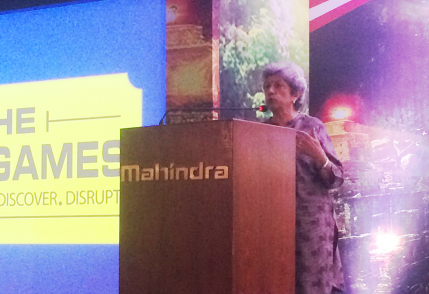
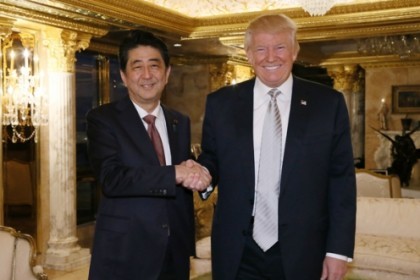
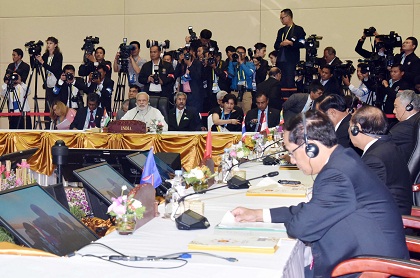
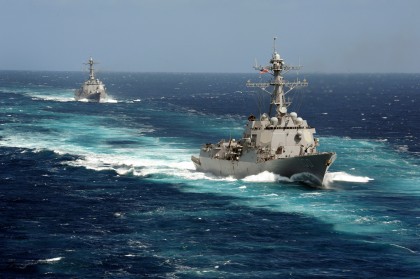
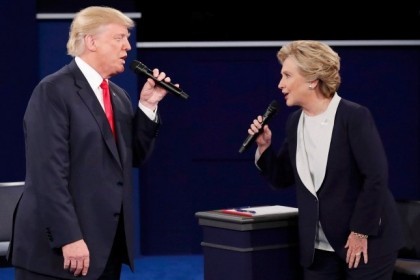

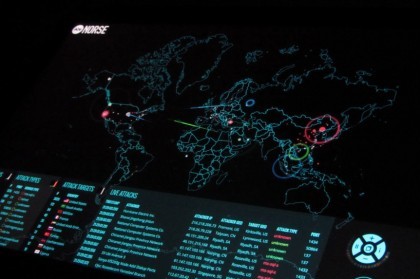
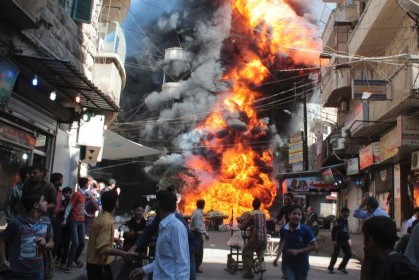

![DSC_0211[1]](https://www.gatewayhouse.in/wp-content/uploads/2016/01/DSC_02111-e1452754538418.jpg)